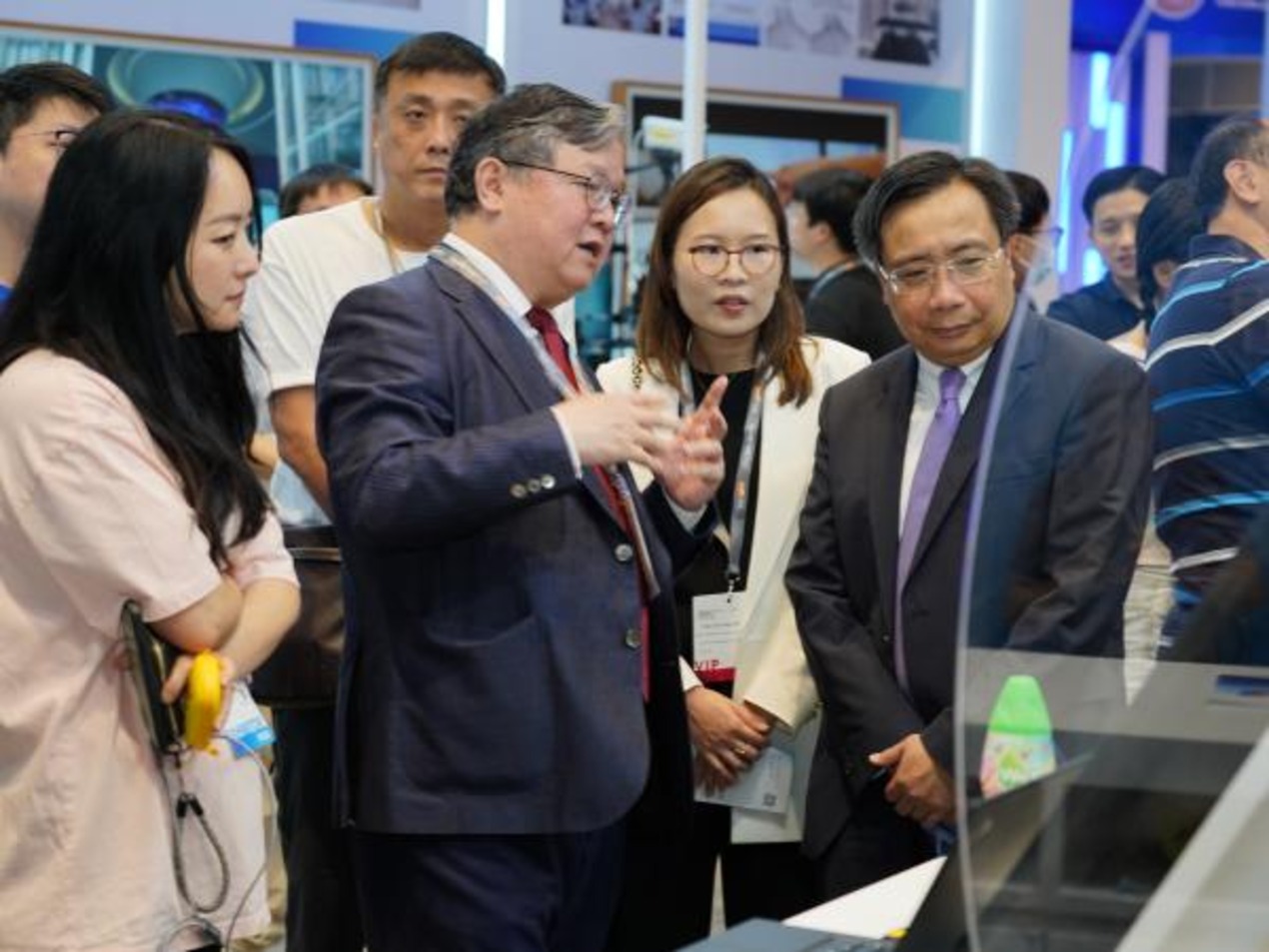
To ensure that the tax system remains fair and resilient in the digital economy, Singapore is to introduce Goods and Services Tax (GST) on imported services.
With the advent of technology and digital economy, it has become increasingly common for consumers in Singapore to obtain services from overseas suppliers. Most often, these overseas service suppliers are able to deliver such services without a presence in Singapore.
Today, services such as consultancy and marketing purchased from overseas suppliers are not subject to GST. Local consumers also do not pay GST when they download apps and music from overseas. However, this will soon change.
Currently, GST is not applicable on imported services provided by an overseas supplier which does not have an establishment in Singapore, according to the Budget 2018.
With effect from 1 Jan 2020, the Singapore Government will introduce GST on Business-to-Business (B2B) and Business-to-Consumers (B2C) imported services, to ensure that local and imported services are accorded to the same treatment.
Examples of these B2B services include IT services, consultancy services, marketing services, accounting services, and management services, while B2C services cover online subscription fees, video and music streaming services, software, apps, and listing fees on electronic marketplaces.
E-commerce for goods will not be affected by this new measure.
To ensure that the new GST will inflict minimal compliance costs for businesses, while ensuring a level playing field between local and overseas service providers, B2B imported services will be taxed via a reverse charge mechanism while the B2C imported services will be taxed through an Overseas Vendor Registration (OVR) model.
Under the reverse charge mechanism, the local GST-registered business customer is required to account for GST to Inland Revenue Authority of Singapore (IRAS) on the services that it imports, as if it were the supplier.
Reverse charge for B2B services
For GST on B2B services, the reverse charge mechanism requires the local business customer to account for GST to IRAS on the services it imports. The local business customer can in turn claim the GST accounted for as its input tax, subject to the GST input tax recovery rules.
Only businesses that: (1) make exempt supplies, or (2) do not make any taxable supplies need to apply reverse charge. This is because their inputs are used to make non-taxable supplies of goods and services, such as exempt supplies. Reverse charge will be applicable to such businesses, which are primarily banks and financial companies, mixed and residential property developers, and holding companies.
The majority of businesses make taxable supplies and thus would not be affected by this reverse charge mechanism. Most businesses are allowed to claim full refund of GST on the purchase of inputs used in their business, including B2B services they import. They are allowed to do so because their inputs are used to make taxable supplies of goods and services. For these companies which the GST on imported services and claims are identical, reverse charge will not apply, in order to avoid unnecessary compliance burden.
Overseas Vendor Registration (OVR) for B2C services
The taxation of B2C imported services will take effect through an OVR mode.
Overseas suppliers and electronic marketplace operators will need to be registered with IRAS. Once GST-registered, these overseas suppliers and electronic marketplace operators will collect GST for IRAS on their B2C supplies of digital services.
Specifically, overseas suppliers and electronic marketplace operators like app stores which make significant supplies of digital services to local consumers will be required to register with IRAS for GST. This applies to overseas vendors whose annual global turnover exceeds S$1 million and whose sale of digital services to consumers in Singapore exceeds S$100,000.
The S$1 million global turnover is consistent with the S$1 million GST registration threshold for suppliers in Singapore. The S$100,000 sale of digital services minimises the compliance burden on overseas vendors which do not make significant sales to Singapore consumers.
Regarding GST for Digital Economy, IRAS will release draft e-Tax guides by end-February 2018.
The introduction of GST on imported services is a common tax implementation in many jurisdictions, including Australia, the EU, Japan, Korea and New Zealand.
On the other hand, there are on-going international discussions on how GST can apply to imports of low-value goods.
With the advent of technology, consumers in Singapore can buy overseas goods online and these goods are then imported into Singapore.
Currently, the import relief for goods imported via air or post is set at S$400. This concession recognises that the cost of compliance is likely to outweigh the revenue collected. For goods above this threshold, GST is collected on the entire value.
The Singapore Government will continue to review international development to decide whether to impose GST on low-value imported goods.
















